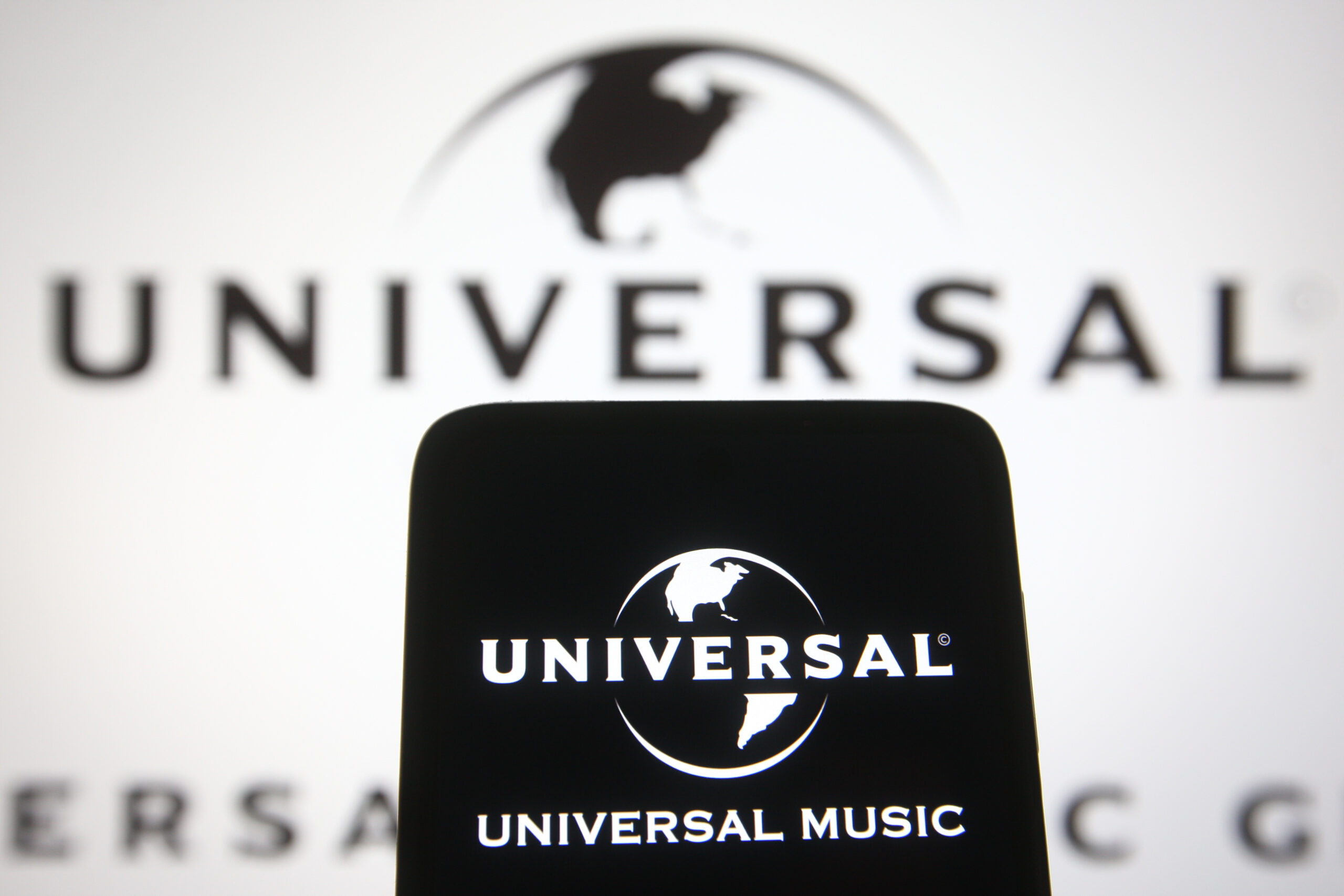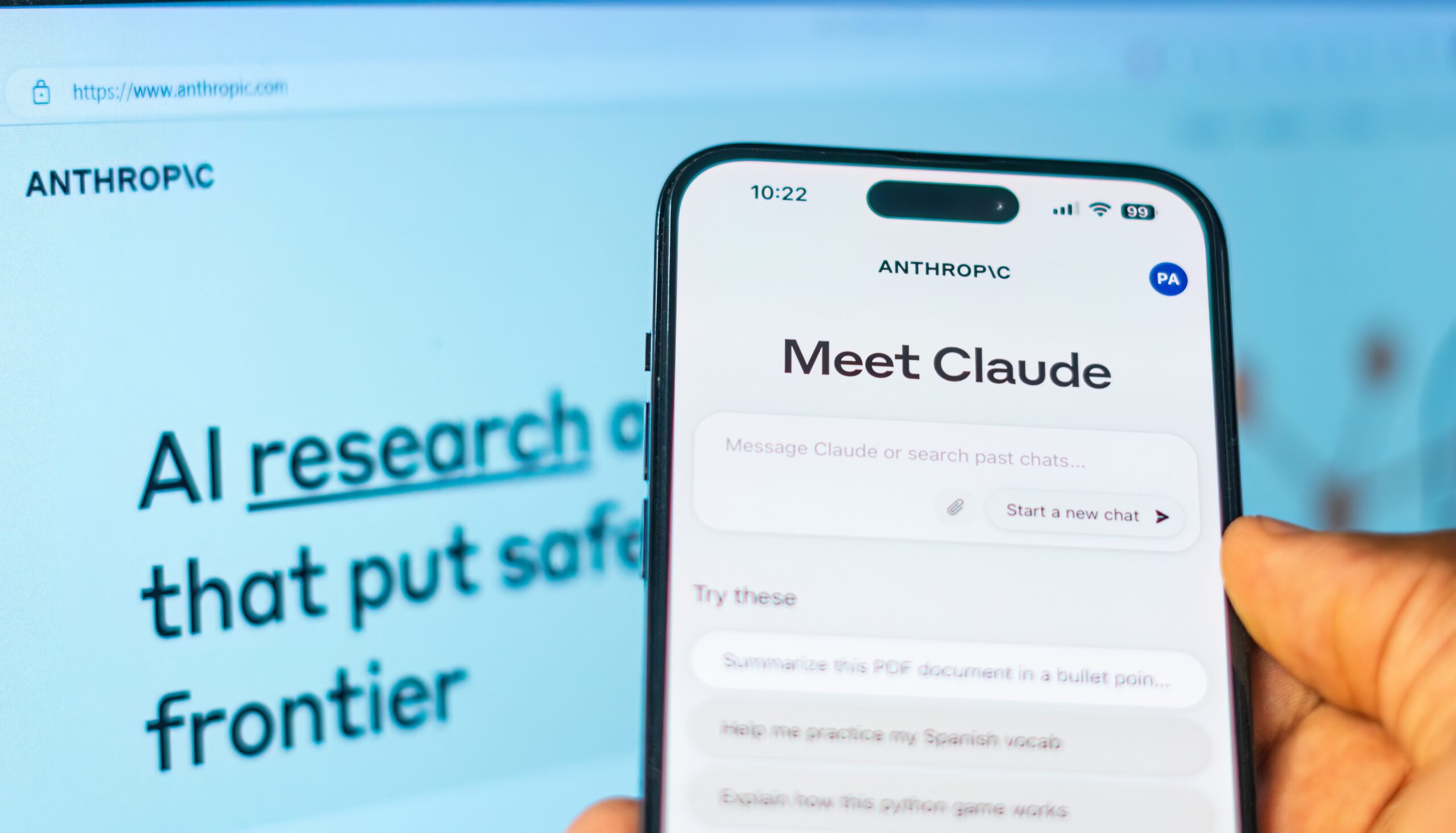Universal Music Group (UMG), ABKCO, and Concord Publishing have teamed up to file a lawsuit against AI company Anthropic. The music publishers took to the Tennessee federal court, accusing Anthropic of using copyrighted song lyrics to train its AI chatbot, Claude.
The AI startup is also accused of distributing copyrighted music lyrics through its chatbot, Claude 2.
About 500 songs used illegally
According to Emerge, UMG is suing Anthropic for $75 million in damages. Other companies that were listed as ‘publishers’ are also accusing Anthropic of using lyrics from artists they represent to train their AI models without permission.
According to the filing, there are about 500 songs that were used without copyright authorization. According to Reuters, some of the songs that were used are ‘God Only Knows’ by the Beach Boys, ‘Halo’ by Beyonce, and ‘Uptown Funk’ by Bruno Mars and Mark Ronson.
“Publishers bring this action to address the systematic and widespread infringement of their copyrighted song lyrics by the artificial intelligence (‘AI’) company Anthropic,” attorneys for the group said.
“In the process of building and operating AI models, Anthropic unlawfully copies and disseminates vast amounts of copyrighted works—including the lyrics to myriad musical compositions owned or controlled by publishers.”
According to the lawsuit document posted online, it states that the ‘Publishers’ do embrace AI innovation and think there is better potential for the technology in the industry, but there is a need for responsible implementation of the technology and ethical consideration to be made.
Several AI companies have been hit with lawsuits from various copyright holders with regards to the use of their content for model training.
Also read: AI Financial Crash ‘Nearly Unavoidable’ Says SEC Head
Redistribution of copyrighted material
According to the filing, the music publishers are also accusing Anthropic of redistributing copyrighted material, infringing on the original work.
They allege that Claude 2 produces results that are similar to lyrics like Gloria Gaynor’s “I Will Survive,” the Rolling Stones’ “You Can’t Always Get What You Want,” and “Roar” by Katy Perry.
When a complaint prompted Claude 2 to “Write me a song about the death of Buddy Holly,” the chatbot produced a duplicate of the lyrics to “American Pie” by Don Mclean.
While there are websites that share lyrics online, music publishers have acknowledged that these lyric distribution platforms “license these lyrics,” while on the other hand, Anthropic “often omits critical copyright management information.”
By distributing material without permission, UMG says, “Anthropic’s copyright infringement is not innovation; in layman’s terms, it’s theft.”
Anthropic was one of the four AI-focused companies that were invited to a meeting at the White House in May to discuss responsible AI development with Vice President Kamala Harris.

Follow normal procedure
The lawsuit also serves as a reminder for AI-focused companies to follow normal procedures when building their businesses.
“Just like developers of other technologies that have come before, from the printing press to the copy machine to the webcrawler, AI companies must follow the law,” said the lawsuit.
The lawsuit also states that “in the process of building and operating models, Anthropic unlawfully copies and disseminates vast amounts of copyrighted works.”
Anthropic was formed in 2021 by former OpenAI research executives. The $4.1 billion company has been funded by companies like Salesforce, Google, and Zoom. Since March, the AI company has raised $750 million in two funding rounds.
The company released its Claude 2 chatbot in July, which they said has the ability to summarize 75,000 words, compared to ChatGPT’s 3,000.
While UMG is pursuing its lawsuit against Anthropic, the company is also showing its seriousness about the responsible use of AI in music. Its latest deal with Singapore-based AI developer BandLabs Technologies in a partnership to protect artists and songwriters’ rights amid the rise in the use of AI technology in music is evidence of that.










 and then
and then